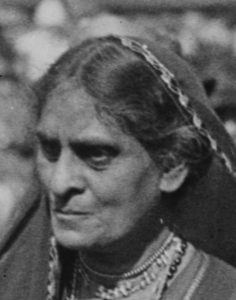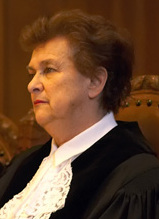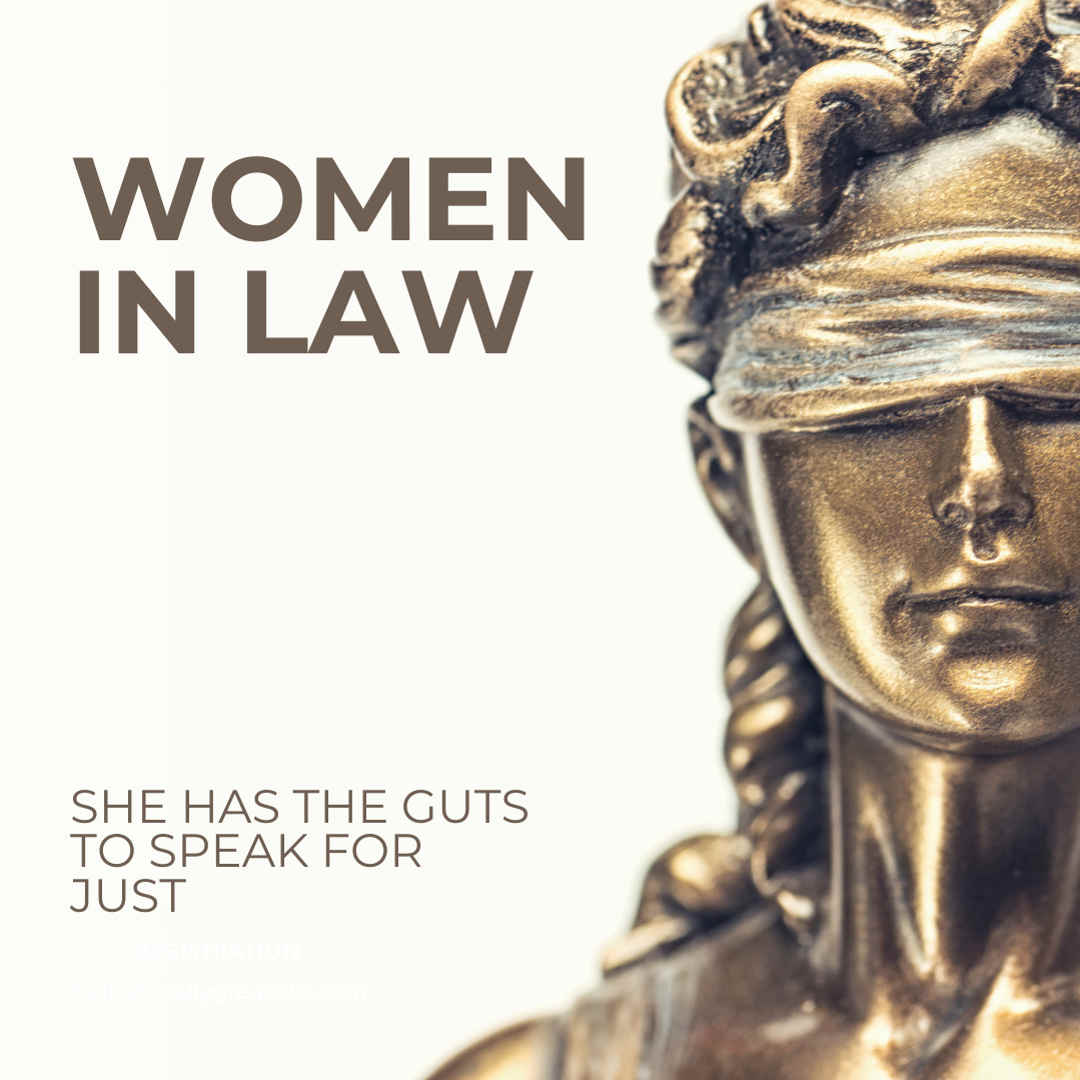CATEGORIES
#Careers #Entrepreneurial Mindset #She SpeaksOverview:
- Discouraging Women to choose law fields causes an imbalance in power-sharing
- Despite the obstacles, women have contributed to the development of law
- Representation of women in leadership careers is essential
She Talks A Lot but She Cannot Talk for Rights
It is a tongue-in-cheek saying that someone who talks a lot should be a lawyer. If this is agreed, society should consider crowding the law profession with female advocates. As again, it is the society to in jest call women the chatterbox. Nonetheless, society has always been a chameleon interested in throwing women’s rights under the bus. For a long period, women were not encouraged or, in some countries, were banned from pursuing law as a profession. The stereotype that women cannot be judges or lawyers has created an imbalance in power sharing. Consequently, women’s rights faced suppression, the negative effects of which can be felt even in this century.
Women’s voices were never heard while the law was enacted in almost every part of the world. Human society fails to grow embedding within it the seeds of justice and peace when inclusivity is ignored. Participation of every gender is of utmost importance for prosperity. Hence, the mistake should be avoided. Women shouldn’t be excluded from leadership roles if we aim for a better world.
Women in Law: Challenging Stereotypes
Despite these obstacles, history marks some legendary female judges and lawyers who break the mold. This article has spotlighted some pioneer female judges, lawyers, and legal scholars. By breaking the glass ceiling, they contributed to the development of law.
Amah al-Wahid and Umm Isa bint Ibrahim
Amah Al-Wahid was a female Islamic scholar and jurist around 987 CE in Baghdad, Iraq. She contributed to the development of law through her legal verdicts. She, along with another female jurist of those times, Umm Isa bint Ibrahim, served as a mufti (Muslim legal scholar).
Thumal the Qahraman
In 918, Thumal the Qahraman was appointed the first female to serve as a judge. She is the first judge in Islamic history. She gained popularity among the public for the reforms she brought in reducing the litigation cost to initiate the case. She was appointed by the mother of the Caliph al-Muqtadir, Shaghab. Shaghab believed that justice can be better served when a woman is made in charge. Thumal the Qahraman acted in the highest positions of the Ministry of Justice. She also supervised the Qadis.
Cornelia Sorabji
Cornelia Sorabji was the first female Indian lawyer. She also had a feather on her cap, as she was the first female graduate from Bombay University and Oxford University. After graduating from Oxford, she became a social and advisory worker for women. Sorabji faced challenges in representing the women in the courts as she had no legal background. To represent women in the courts, she took admission in LLB and became a lawyer in 1899. However, she was not allowed to practice until the law that barred women from practicing law was changed in 1923.
Sorabji believed that political reforms could not be effective and long-lasting until women’s education was made a priority.

Charlotte E. Ray
Charlotte E. Ray was the first Black American female lawyer in the United States of America. She was the first female to be admitted to the District of Columbia Bar. She paved the way for the female advocates to seek admission to the bar councils.

Prejudice against the Black people in America made it difficult for her to continue her practice, so she started teaching. However, she never paused advocating for women’s rights. She was involved in the Women’s Suffrage Movement and joined the National Association of Colored Women.
Khalida Rashid Khan
Khalida Rashid was the first Pakistani female judge to be appointed to the Superior Judiciary of Pakistan. She continued her contributions to the development of law not only in Pakistan but internationally. She served as the President of the International Criminal Tribunal for Rwanda. She has also published articles advocating for women’s and children’s rights.

Baroness Higgins
Baroness Higgins was the first female judge to serve in the International Court of Justice. She served as President of the International Court of Justice in 2006.

She has made an intensive contribution to the development of International Law. Especially, her book Problems and Process: International Law and How We Use It is a masterful contribution to international law.
Conclusion:
Encourage women to speak for rights, either standing as an advocate in the court or sitting in the court as a judge. She is a connoisseur when it comes to taking for rights as a lawyer. Also, she is a master of interpreting the law as a judge. It’s not me who says this, but it’s the history that has proved it. She not only talks a lot, but she is capable of advocating beyond words.


